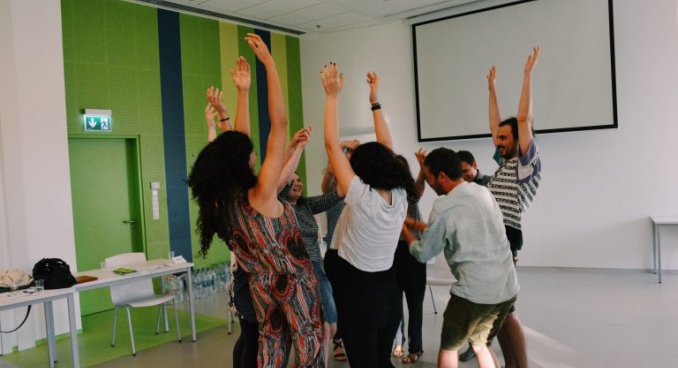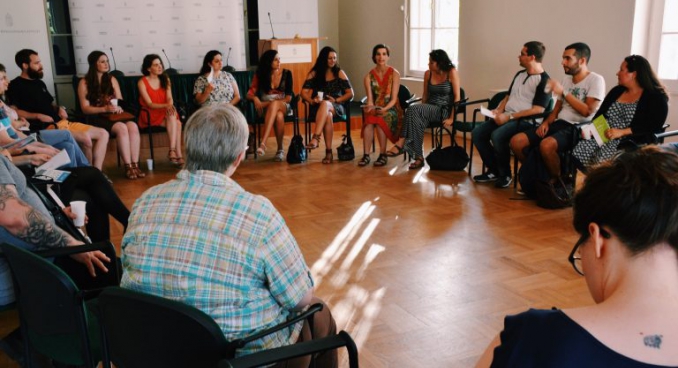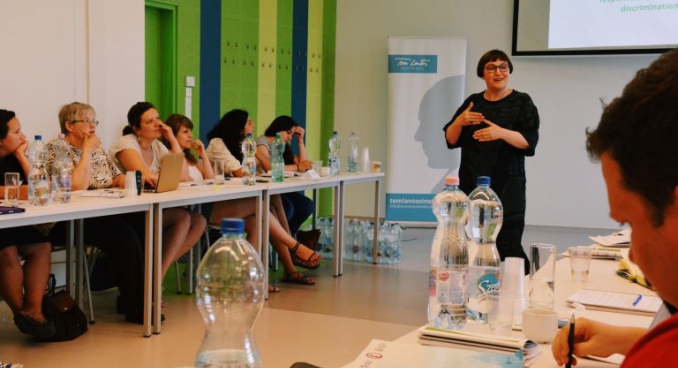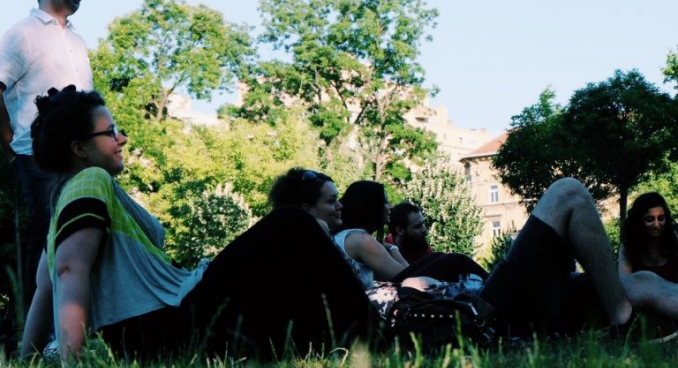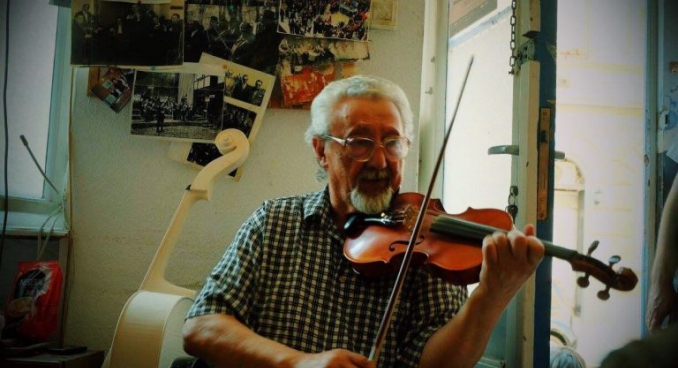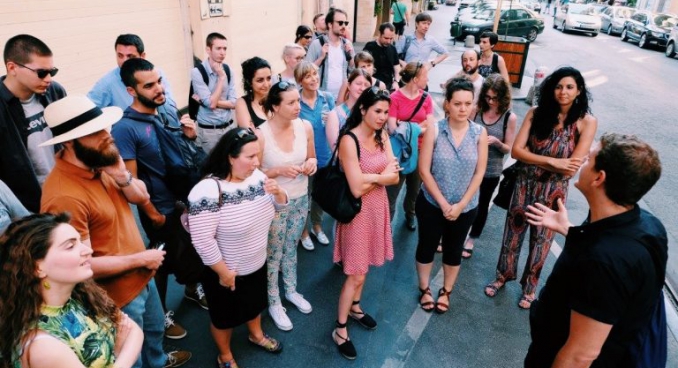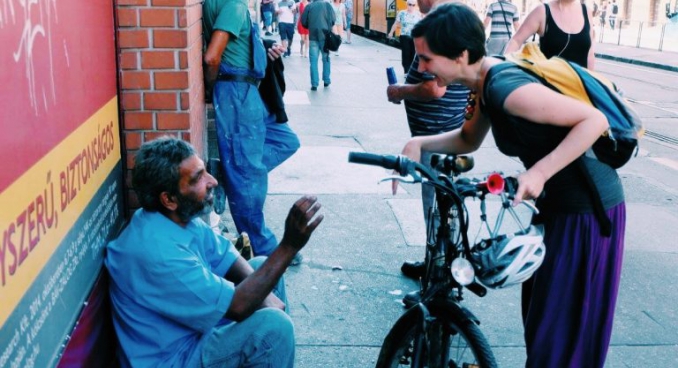European Summer School on “Prejudice, Genocide, Remembrance” 2016
As the Tom Lantos Institute’s third European Summer School on Prejudice, Genocide, Remembrance comes to a close, participants have taken what they’ve learned and discussed in the comprehensive lectures and workshops, with the intention of applying them in the fields of minority rights, genocide education and remembrance, gendered memory of genocides, diversity in the media, and more. This year, we were incredibly fortunate to highlight a diversified group of change-makers, innovators, and educators coming from a multitude of countries such as Argentina, Finland, Russia, and Armenia. What made this group particularly impactful was the involved, intellectual discussions and critical thinking sessions that happened on a daily basis, during the lectures and even during breaks. Our sincerest hope is that the inspiration we found in engaging with these participants is channeled into positive change in the field of genocide remembrance and counter-discrimination measures.
With their backgrounds ranging from human rights law to political activism, participants each added their own perspectives in the discussions, along with many personal stories and reasonings for their involvement in such pertinent human rights issues. Oleksandr from the Ukraine noted that the cultural and religious undertones of many of the discussions had personal implications for his own introspective learning, stating “I started to gather information of my Jewish background, as it was first time for me in life when I realized spiritual connection between me and my ancestors.”
Notable lectures showcased the intricate definitions of genocide, prejudice in the media, the symbolism of memorials, reconciliation after genocide, and countering prejudices against Roma communities. Speakers brought various levels of academia, research, and personal experience to each topic presented, leading to a thoroughly engaging week of lectures.
Applying the knowledge gained through the lectures, cultural activities further facilitated the comprehensive learning experience of participants on a daily basis. Working with local organisations like the Haver Foundation and UCCU, we were fortunate enough to take a narrated walk through the Jewish Quarter, get a glimpse into the lives of Roma community members in Budapest’s Eighth District, and visit prominent memorials commemorating the Holocaust.
Participants have described this summer school as “life-changing” and our hope is that we will see changes in how prejudice, genocide, and remembrance are approached from an educational standpoint moving forward.
